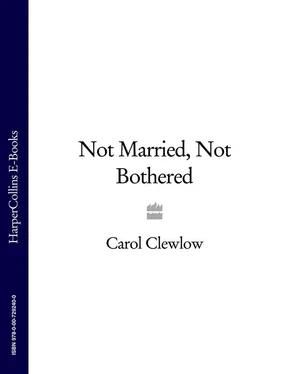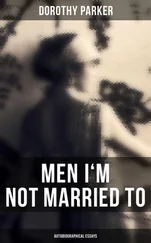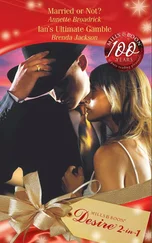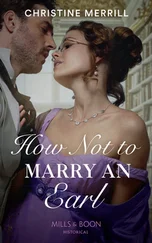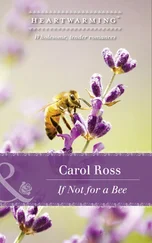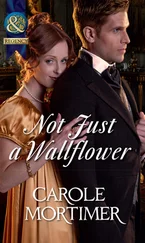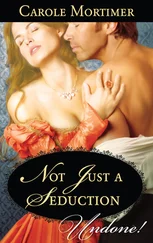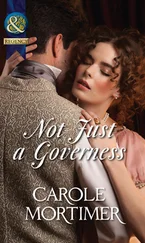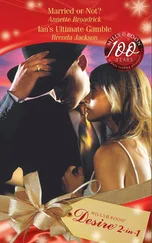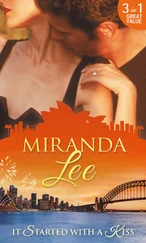‘I’m sorry, Riley, but I’d just be terrified at the thought. I mean, to be on my own. When I got older.’
I decided to do a little research on the subject of the spinster. One evening I drove the twenty-five miles to Bristol to use the library of the university where I did my degree as a mature student what seems like yesterday, but is actually twenty years ago. I always go in the evening. It’s almost empty then. You could have full sex in Philosophy and no one would notice. I tapped in ‘spinster’, expecting a list to show up. You know the sort of thing, textbooks pretending to be something more interesting with racy covers and titles: Niggers with Attitude: Black Pride in the Nineties; Queering the Pitch: The Law and the Homosexual; Finger in the Dyke: A History of Anti-Woman Humour …
Instead it came up ‘Word Not Recognised’.
‘I felt like I’d committed some crime against the state. I thought a grille was going to come down, some card-carrying cadre was going to escort me from the building.’
Danny grinned. He said, ‘I guess someone PC-ed the PCs, girlfriend.’
‘Listen, they got so scared of spinsters back in the 1850s they hatched a plan to ship them off to the colonies.’
‘Wooooh. Imagine it. All those brawny farmers.’
‘Hey, hey. It wouldn’t be like The Piano , you know. There’d be all that ringworm and tapeworm. And it wouldn’t be like Harvey Keitel or Sam Neill would be waiting for you.’
Most people think of post World War One as the high spot of spinsterdom (or the low spot, according to which way you look at it) but the rot had set in long before then. In the 1850s, thanks to a demographic imbalance, there were 400,000 more women than men. One in four women was single and one in three would never marry, a situation referred to in the letters columns of the daily papers as a ‘disturbance’ and a ‘mischief’, and debated in Parliament under the title The Problem of Surplus and Excess Women. The spinster became the scapegoat and all-round repository for society’s perceived ills, among her most vocal critics being her married sisters. Consider, for instance, this little number, from the allegedly liberationist Freewoman , in which the spinster is described as ‘a withered tree … an acidulous vessel under whose pale shadow we chill and whiten … silent, shamefaced, bloodless and boneless, thinned to the spirit … our social nemis …’
It’s amazing just how much the spinster has been left out of history, feminist history in particular, more’s the shame of it. Plenty of married women in there, gay women galore, but precious little of the defiantly straight and single. All I managed to turn up in Women’s Studies that day was one measly chapter on spinstas. Still it contained details of that old spinster Export Plan. It foundered in the end, that plan, but only on the rock of sheer impracticality, the problem, according to one regretful letter in The Times being ‘the mechanical conveyance of these women to where they are wanted, given the average passenger limit of fifty persons per ship,’ a shame, this, since it almost certainly deprived some waggish old salt of the chance of urging every last woman on board with a cackle of laughter and some corny crack about not wanting them to miss the boat second time round.
‘Missing the boat’ is a cliché when applied to spinsters. So is ‘left on the shelf’ and ‘old maid’ and that very word ‘spinsterish’. But then, spinsters attract clichés.
‘So what? So do married women.’ This from my sister, Cass.
‘No they don’t. At least not in the same way.’
Which I believe to be true. Because while it may be the case that somewhere in an alternative reality, accessible only to ad men through some wormhole of time, there are indeed mothers whose major concern in life is the softness of the wash and the germ-free nature of their kitchen floor (asopposed, for instance, to how they can slide into work late without anyone seeing them because they had to take little Johnny to the doctor, or how they can get away from some garrulous over-shot meeting to pick him from the child-minder), still clichés no longer cling to the married woman the way they do to the spinsta, sticking to her like burrs, and turning her into some metaphorical horse chestnut.
‘Hummph …’
It’s the nearest I can get to the sound Cass makes but from it you can deduce that she is unimpressed with my campaign to reclaim ‘spinster’.
‘It’s a horrible word. No matter how you spell it. Nobody uses it any more.’
‘John Major does.’
‘I rest my case.’
You may not remember this but some years ago our former Prime Minister had a dream of Old Albion which had all to do with warm beer, the sound of leather on willow from the village green, but most important and heart-warming of all, the sight of a spinster, all tweed and lisle stockings, pedalling through the early morning mist to Holy Communion on her sit-up-and-beg bicycle.
Tweeds and lisle? Sit-up-and-beg bicycle? Excuse me? *
Yeah, C is for cliché alright, also for Caricature, that picture of her as ‘bloodless and boneless, thinned to the spirit,’ this being anti-spinster speak for ‘celibate’ under which she’s listed in Roget’s Thesaurus , also for Cardboard Cut-out, the picture of her in tweeds and lisle stockings peddling through the early morning mist, also for Calumny – another cliché, this, a favourite of film and play and novel, the lonely spinster with nowhere to go on Sunday afternoons but the homes of relatives, married with children.
Ha!
Behind every successful single woman there are other successful single women. Show me a spinster and I’ll show you the proud and grateful possessor of a fine circle of female friends – in my case Mad Magda, for instance, who you’ve already met, Sophie and Connie who have yet to appear, others too who you won’t meet but only because they have no particular part to play in this drama. I think of them as a sort of Greek chorus, standing at the back of the stage and carrying the narrative of life forward with visits to the cinema, the theatre, Ikea, dinners out, dinners in. Because the fact is that far from being lonely and with a duff social life, the spinster can generally be counted on to have a wider circle of friends than those who spend their lives as part of a couple, this for the obvious reason that she has more time and energy to expend on her friendships than those with partners and/or children. More likely than not, her friendships will be long and deep, this because she knows the truth of the thing – that friendships, the ones that count, are relationships too, and go through the same traumas and tensions, and require the same amount of time and energy, faith, hope and charity to keep them going. *
In all this, these canards, these cock-and-bull stories, C stands for contempt, for a curl of the lip. On the other hand, C also stands for Cat, biggest of all spinster clichés.
Which is why I won’t have one, despite all Cassie’s urging.
‘Cats are not just for Christmas, Cass,’ I say when she starts in on me as fat old Hughie, her favourite, leaps up and starts purring contentedly on my lap. ‘It’s all that responsibility. Bringing them up. Finding the right schools. Putting their paws on the right path in life. I just don’t feel I’m up to it.’ And there’s more than a scrap of truth in all this.
‘But you like cats,’ she says reproachfully, and I do, I do.
But cats are like husbands to me.
I just prefer them in other people’s houses. †
A word about my sister, Cass, now.
Cass, full name Cassandra, was named after Lady Cassandra Something or Other who clacked away at her typewriter next to my mother in Cairo. My mother still likes to refer to her in the manner of a bosom buddy.
Читать дальше
